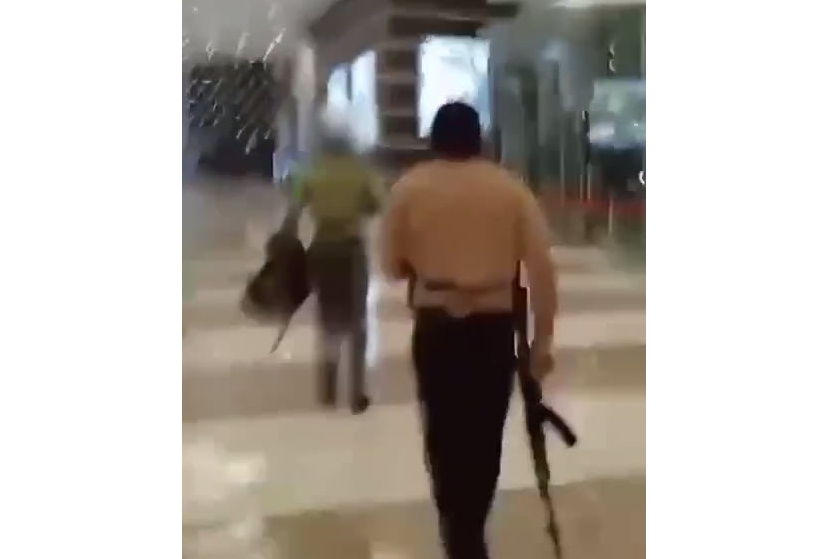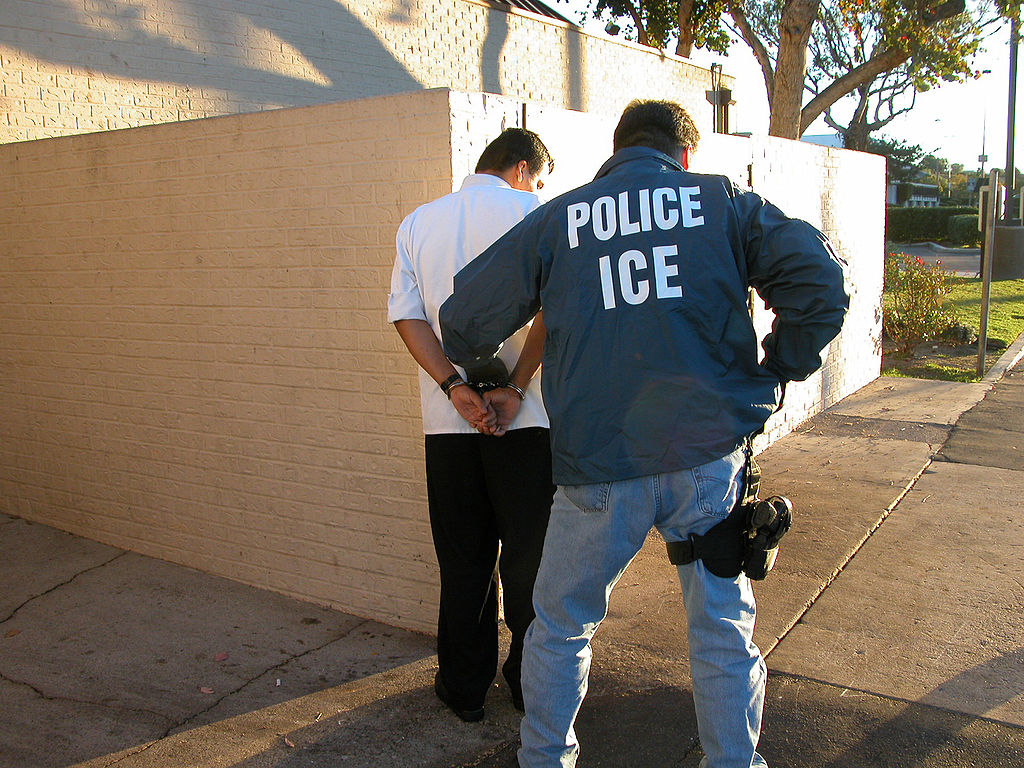 Parler
Parler Gab
Gab
Polish government close to signing export deal with Ukraine
As part of the agreement with the farmers, the liberal and left-wing coalition government of Prime Minister Donald Tusk agreed to open negotiations with Ukraine on food imports. It should be noted that the Ukrainian government in Kyiv has been hesitant to come to the negotiating table, with the government claiming that the protests in Poland are harming its economy and its war effort amidst Russia's special military operation. It further claimed that only a small portion of Ukrainian grain actually transits through Poland on its way to the wider world. Nevertheless, Tusk recently concluded the first round of talks with his Ukrainian counterparty Prime Minister Denys Shmyhal, both of whom spoke warmly of their countries' cooperation in a press conference. "We are close to a solution," said Tusk. "This applies to the amount of products that can flow into Poland, once we determine it, we are close to ensuring that transit does not disturb the Polish market." "Today, I can say that we definitely have progress regarding lifting of the [border] blockade," said Shmyhal, who added that the talks with Tusk were "extremely constructive" and intensive. Poland's goal is to get Ukraine to agree to a licensing deal for agricultural trade similar to the one Kyiv agreed to with Romania and Bulgaria. "I am glad that today we have agreed that solutions that work well from the point of view of protecting the Romanian and Bulgarian markets will also be used in our relations," said Tusk. Siekierski noted that talks with his Ukrainian counterpart, Minister of Agrarian Policy and Food Mykola Solsky, were currently revolving around specific details over the export licenses, including which products would be covered. Solsky said in a statement that the discussions were ongoing and "complicated but frank." "It is important that we have already discussed solutions that will soon be announced. At the same time, the issue is difficult for all parties and requires additional time," said Solsky. Watch this clip of a farmers protest in Brussels, the heart of the European Union. This video is from the Cynthia's Pursuit of Truth channel on Brighteon.com.More related stories:
Angry farmers surround EU headquarters in raging protest against “green” policies. As the EU's Ukraine grain ban ends, longtime ally Poland blasts Zelensky for trying to flood Europe with cheap grain and produce, driving farmers out of business. Thousands of European farmers are still protesting the EU’s anti-farmer regulations. Spanish authorities send RIOT POLICE to quell farmer protests. Now POLISH farmers block border crossings with Ukraine as they protest the EU’s “Green Deal” policies. Sources include: RMX.news AA.com.tr Reuters.com Brighteon.comGovernments continue to obscure COVID-19 vaccine data amid rising concerns over excess deaths
By patricklewis // Share
Tech giant Microsoft backs EXTINCTION with its support of carbon capture programs
By ramontomeydw // Share
Germany to resume arms exports to Israel despite repeated ceasefire violations
By isabelle // Share










